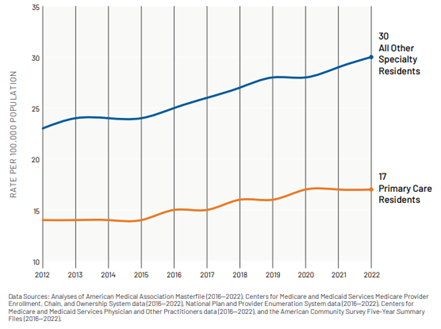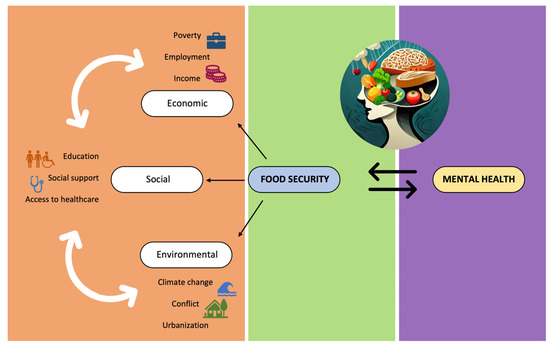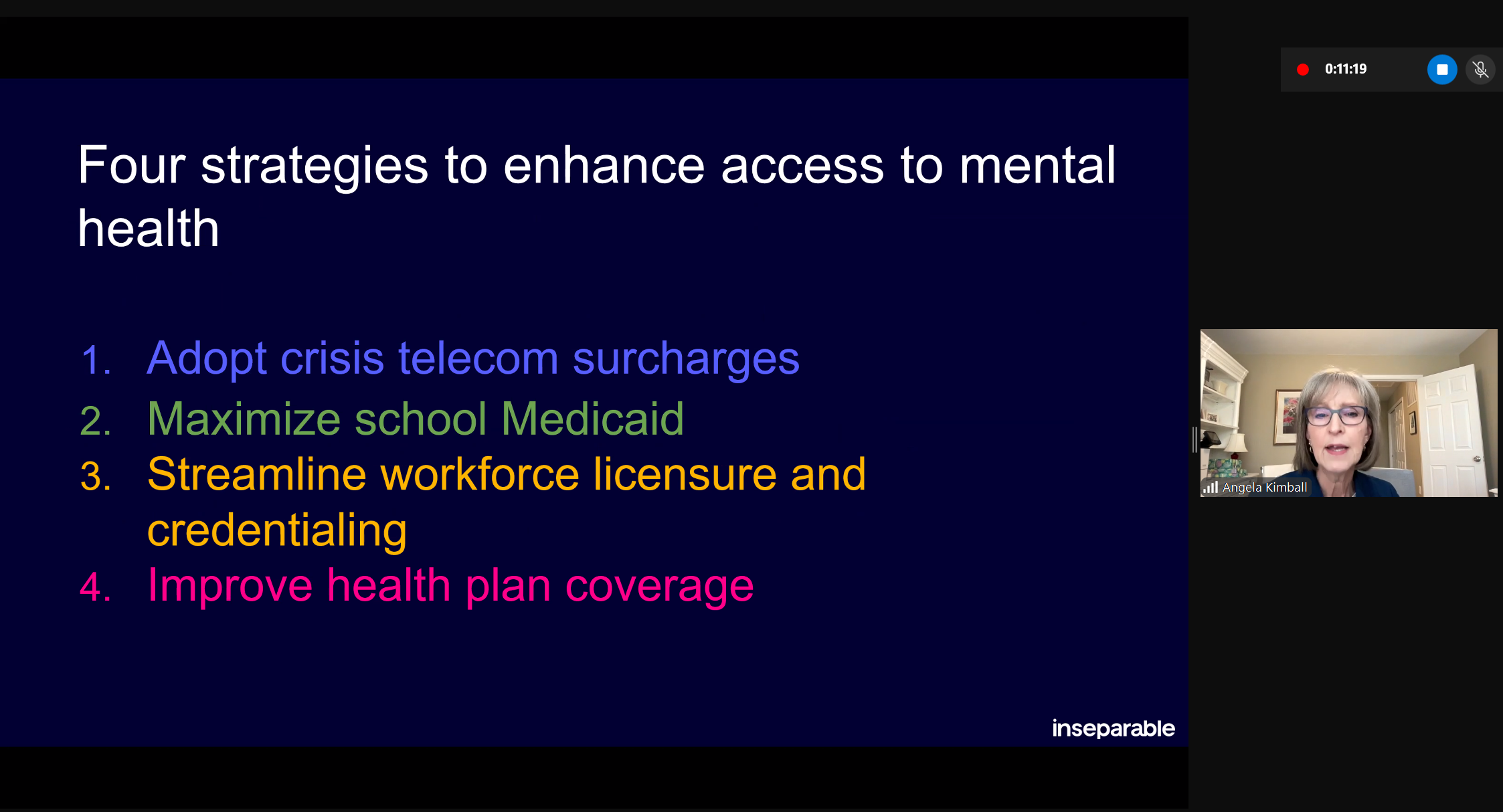
Associations representing states, territories, counties, cities and towns call on Congress to provide an enhanced federal share for the Medicaid program in the next bipartisan COVID-19 relief bill.
Boosting the Federal Medical Assistance Percentages (FMAP), which is the linchpin of the federal-state partnership that provides health care for more than 70 million Americans, will help ensure that people in every state and territory have access to critical, often life-saving, health care.
The ongoing pandemic has resulted in millions of Americans losing their jobs, in many cases moving from employer-provided health care to Medicaid. At the same time, COVID-19 has depressed major revenue sources for state and local governments, jeopardizing funding for Medicaid – the largest single expenditure for states – and other vital government services.
Congress provided a 6.2 percentage point FMAP increase in the Families First Coronavirus Response Act, with the funds available to states from Jan. 1 through the quarter in which the public health emergency period ends. While governors of both parties have requested that the Administration extend the public health emergency beyond its July 25 expiration, state and local governments need more support to provide health care services to individuals and families.
The state and local government groups, representing leaders of both parties, call on Congress to provide an additional FMAP increase of at least 5.8 percentage points retroactive to Jan. 1, and remaining until Sept. 30, 2021, regardless of unemployment conditions. After that date, the 12 percent FMAP increase should not be reduced until the national unemployment rate falls below 5 percent, the groups advocated. In addition, they requested that additional FMAP increases be determined based on the increase in a state’s unemployment rate.
More than 100 organizations, representing health care providers and state and local governments at all levels nationwide, signed the letter to congressional leadership.
The groups also called on the federal government to rescind the proposed Medicaid Fiscal Accountability Rule. The rule would significantly curtail the longstanding flexibility states have to fund and pay for services in their Medicaid programs.












